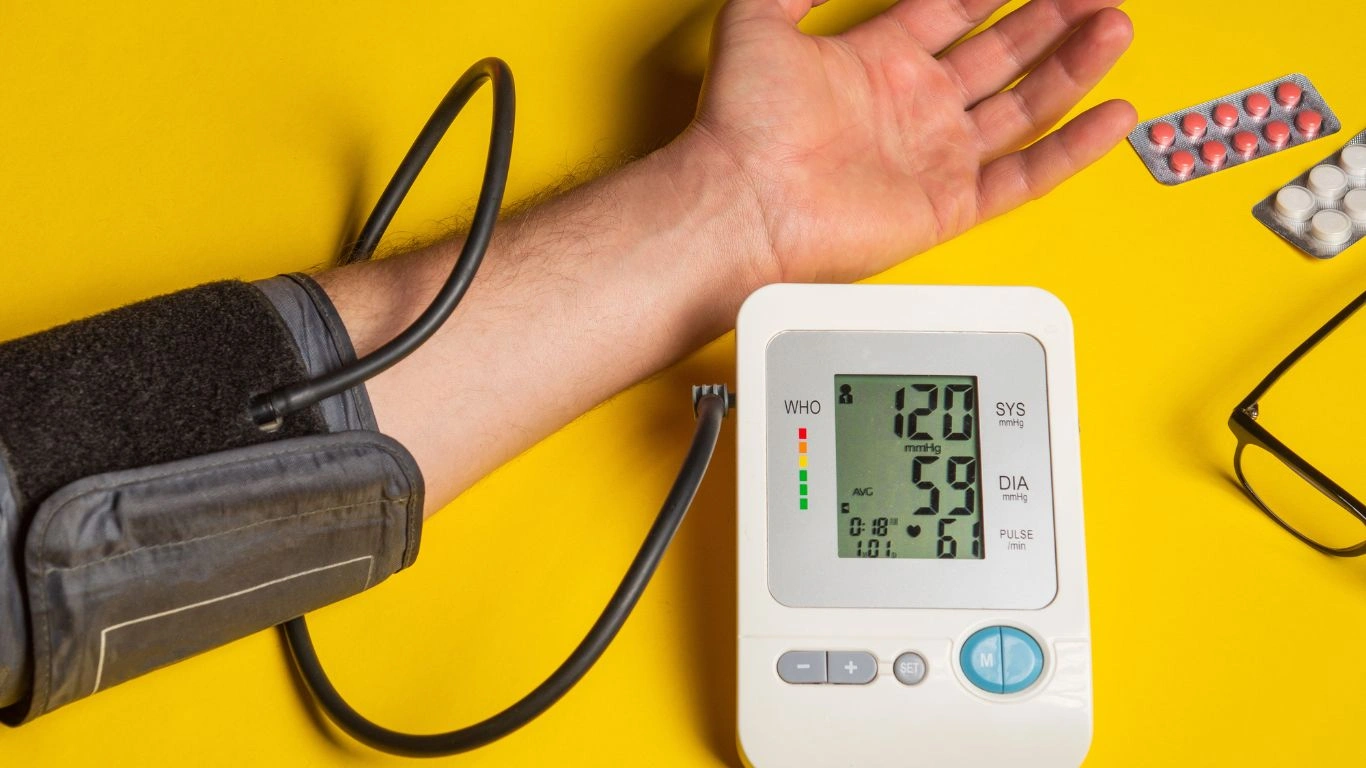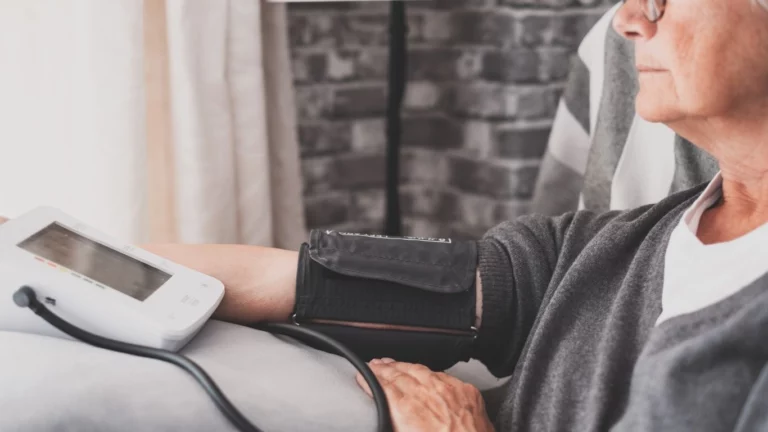Powerful Benefits of Garlic Oil for Hypertension Relief
Is garlic oil good for hypertension? That’s a question I get asked quite a bit in my practice as an Internal Medicine physician focusing on hypertension management. Many patients are curious about natural remedies and whether they can really help lower blood pressure. Garlic has been around forever in traditional medicine circles, and garlic oil, in particular, has gained popularity as a supplement. But does it actually work? From my years treating patients and keeping up with the latest research, I’m excited to share some insights, practical tips, and a few things you definitely want to keep in mind before adding garlic oil to your regimen.
The Role of Garlic Oil in Managing Hypertension
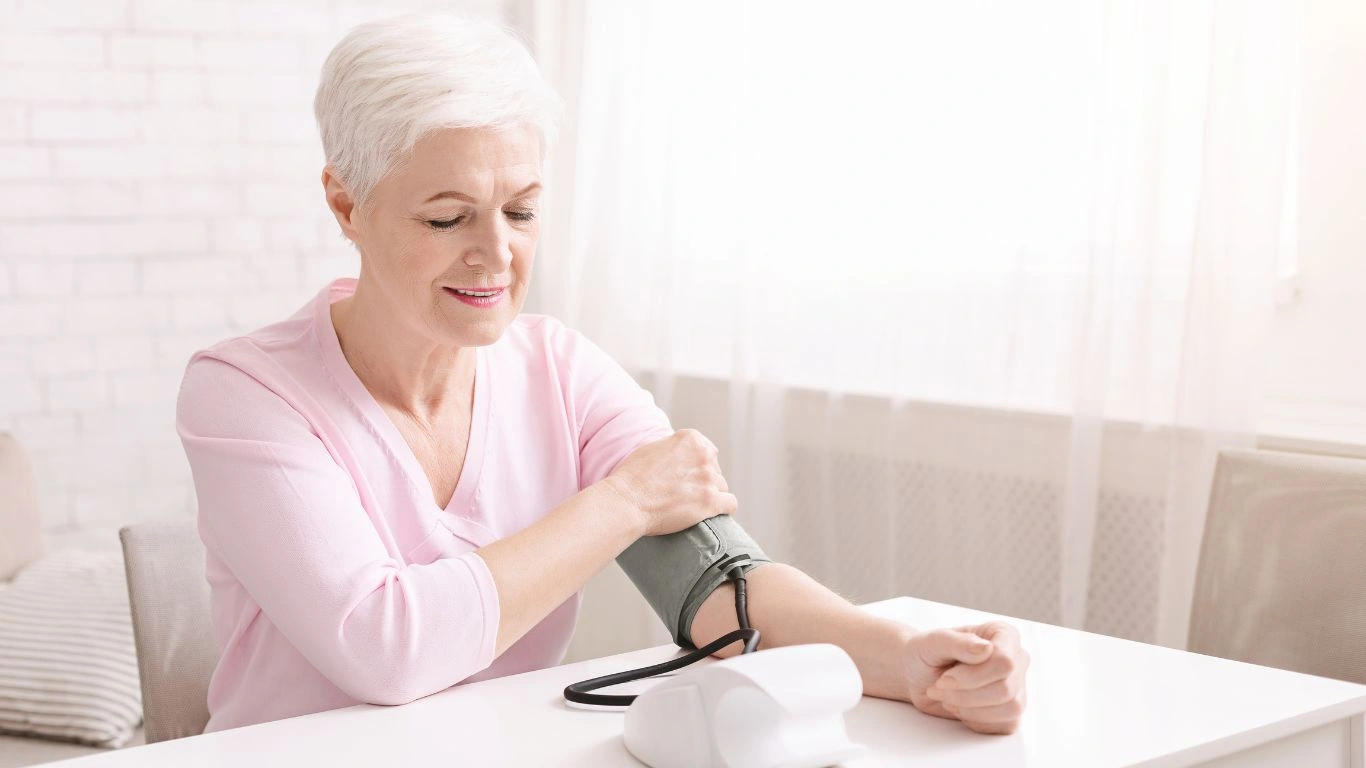
Understanding How Garlic Oil Might Help
Garlic, especially in oil form, contains concentrated amounts of compounds like allicin and other sulfur-based molecules. These compounds are thought to relax blood vessels and improve circulation, which can help reduce blood pressure. In my clinical experience, patients who included garlic oil in their diets alongside standard treatment sometimes saw mild improvements in their blood pressure readings. But here’s the thing — garlic oil is not a magic bullet.
What’s fascinating is how garlic oil works on multiple fronts. It’s believed to:
- Reduce arterial stiffness, making blood flow easier.
- Act as a natural antioxidant, protecting blood vessels from damage.
- Improve lipid profiles, by lowering bad cholesterol which also plays into heart health.
Real Talk: What Does the Research Say?
Over the years, I’ve kept an eye on studies about garlic oil and hypertension, and the evidence is promising but mixed. Some randomized controlled trials have shown modest reductions in systolic and diastolic blood pressure with garlic oil supplements — usually in the range of 5 to 10 mmHg. That might not sound huge, but even small drops can significantly lower your risk of heart disease over time.
Still, not every study finds a strong effect, and part of the variability comes down to dosage, the form of garlic used, and individual patient differences. For example, fresh garlic might behave differently from aged garlic extract or concentrated garlic oil. That’s why I always emphasize that supplements should be part of a broader lifestyle and medication plan tailored to the patient.
Is Garlic Oil Good for Hypertension? Key Considerations Before You Try It
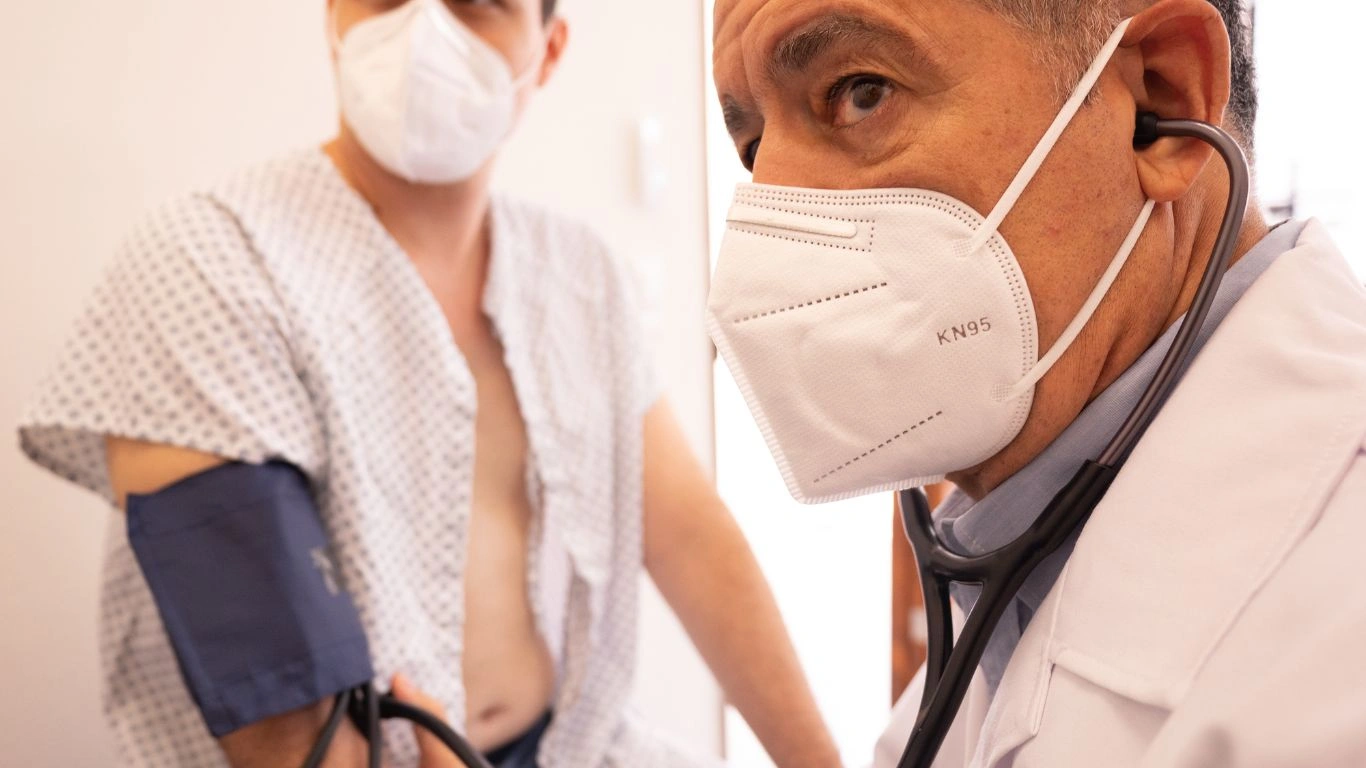
Dosage and Quality Matter
One of the biggest challenges with garlic oil is figuring out the right dose. In my clinic, I’ve seen patients buy random garlic oil products that vary wildly in concentration. Some contain very little active ingredient, and others can be too potent, causing digestive upset or even affecting blood clotting.
Based on clinical guidelines and research, a typical effective dose ranges between 600 to 1,200 mg daily of garlic extract, which corresponds to roughly one to two garlic oil capsules. But because supplements aren’t regulated as strictly as medications, it’s crucial to choose reputable brands with clear labeling and quality testing.
Possible Side Effects and Interactions
Garlic oil is generally safe for most people, but a few things to watch out for:
- Bleeding risk: Garlic can thin the blood, so if you’re on blood thinners like warfarin or aspirin, check with your doctor first.
- Digestive issues: Some people experience heartburn, gas, or nausea with garlic oil supplements.
- Allergic reactions: Though rare, garlic allergies do exist and can cause itching, swelling, or respiratory symptoms.
In my years managing hypertension, I’ve found that patients who communicate openly about supplements help me provide safer, more personalized care. Never hesitate to discuss garlic oil or any other natural remedies with your healthcare provider.
Incorporating Garlic Oil into Your Hypertension Management Plan

Practical Tips from My Clinical Experience
After working with hundreds of patients managing high blood pressure, I’ve noticed that those who successfully integrate natural supplements like garlic oil tend to approach it as just one piece of a bigger puzzle. Garlic oil can be a helpful addition, but it’s not a standalone fix. Here’s what I usually recommend:
- Stick with your prescribed medications. If you’re on antihypertensives, don’t stop them just because you’re trying garlic oil. It’s important to maintain consistency and communicate any supplement use to your doctor.
- Track your blood pressure regularly. Whether it’s at home or in the clinic, keeping a log helps you and your physician see how your body responds to lifestyle changes and supplements like garlic oil.
- Combine with a heart-healthy diet. Garlic oil works best when paired with a balanced diet rich in fruits, vegetables, whole grains, and low in sodium and processed foods.
- Adopt other healthy habits. Physical activity, stress management, and quitting smoking all boost your overall cardiovascular health, amplifying any benefits from garlic oil.
In my own practice, I’ve seen patients add garlic oil after discussing it with me, and a common pattern is a gradual improvement in their blood pressure control, alongside lifestyle changes. It’s rarely the garlic oil alone but rather the combined effort.
Natural Alternatives and Complementary Therapies for Hypertension

Exploring Other Natural Options
If you’re asking “Is garlic oil good for hypertension?” you’re probably open to other natural approaches too. In addition to garlic oil, these have shown some promise and are worth considering as part of a comprehensive plan:
- Omega-3 fatty acids: Found in fish oil and flaxseed, these help reduce inflammation and support heart health.
- Coenzyme Q10 (CoQ10): An antioxidant that can improve energy production in heart cells and may lower blood pressure slightly.
- Potassium-rich foods: Bananas, spinach, and sweet potatoes help balance sodium levels and relax blood vessels.
- Magnesium supplements: Sometimes recommended for people with low magnesium levels, which can contribute to elevated blood pressure.
Each of these has a unique role, and their effectiveness can vary person-to-person. It’s another reason why partnering with your healthcare provider is key — to make sure your overall approach is safe and evidence-based.
When to Be Cautious with Supplements
One thing I can’t stress enough from my years in medicine is that “natural” doesn’t always mean “risk-free.” Garlic oil and other supplements can interact with medications or cause side effects. For example, if you’re already on blood pressure meds, adding a supplement that lowers blood pressure further could cause dizziness or fainting.
That’s why monitoring and professional guidance are crucial. Never start or stop supplements on your own, especially if you have a complex medical history or are taking multiple medications.
How to Choose the Right Garlic Oil Supplement

Quality Matters More Than You Think
In my practice, I often get asked about the “best” garlic oil supplements on the market. Honestly, quality is everything. Here are a few pointers I share with patients to help them make smart choices:
- Look for standardized extracts. These guarantee a certain amount of active ingredients like allicin, so you know what you’re getting.
- Check for third-party testing. Independent labs verify purity and potency, reducing the risk of contamination or misleading labels.
- Choose reputable brands. Established companies with good reviews and transparent ingredient lists are generally safer bets.
- Consider the form. Some patients prefer aged garlic extract or enteric-coated capsules that reduce the strong garlic odor and potential stomach upset.
Personally, I’ve seen better adherence in patients who find a garlic oil product that’s easy to take and doesn’t upset their stomach. That consistency is what really makes a difference in the long run.
Long-Term Benefits and Realistic Expectations with Garlic Oil for Hypertension
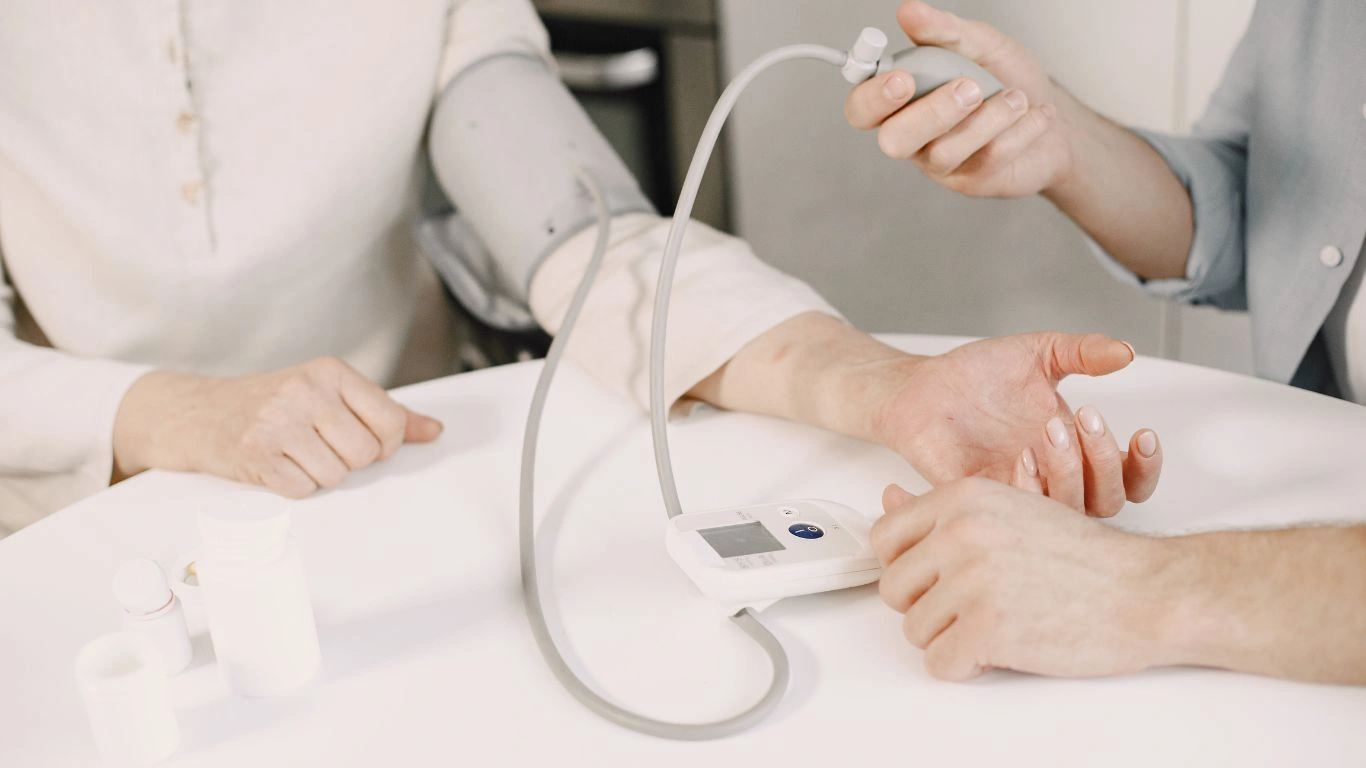
What to Expect When Using Garlic Oil Regularly
From my years of treating patients with high blood pressure, I’ve learned that the key to managing hypertension isn’t a quick fix — it’s about sustained, consistent habits. If you’re wondering, “Is garlic oil good for hypertension?” the honest answer is that it can be part of your long-term strategy, but patience is crucial.
Many patients expect dramatic changes overnight, but with natural supplements like garlic oil, improvements tend to be gradual and subtle. You might notice a slight dip in your blood pressure readings after a few weeks to months, especially when paired with a healthy lifestyle. Remember, even small reductions in blood pressure can significantly lower your risk of heart attacks and strokes over time.
It’s also important to keep your expectations grounded. Garlic oil is not a replacement for prescribed medication, but rather a complementary approach. I often encourage my patients to view it as an added layer of support rather than a cure.
Personal Stories That Stick with Me
I recall a patient, Mr. James, in his mid-60s, who was skeptical about supplements but willing to try garlic oil alongside his prescribed medications. Over several months, his blood pressure became more stable, and he reported feeling more energetic. While we can’t say for sure that garlic oil was the sole reason, the combination of healthy diet, exercise, and this supplement seemed to help him take better control of his hypertension.
Stories like his remind me that managing hypertension is deeply personal. What works wonders for one person might have a different effect on another. That’s why ongoing monitoring and open communication with your healthcare provider are so important.
Additional Lifestyle Tips to Support Blood Pressure Control

Beyond Supplements: What Really Moves the Needle
While garlic oil and other supplements can be beneficial, let’s not forget the core lifestyle changes that have the biggest impact on hypertension:
- Maintain a balanced diet. Emphasize fresh vegetables, fruits, lean proteins, and whole grains. Avoid excess salt, which can elevate blood pressure.
- Stay active. Regular exercise — even something as simple as walking 30 minutes a day — helps keep your heart and blood vessels healthy.
- Manage stress. Chronic stress can cause blood pressure spikes. Techniques like meditation, yoga, or even simple breathing exercises can make a difference.
- Limit alcohol and quit smoking. Both habits negatively affect blood pressure and overall cardiovascular health.
- Get enough sleep. Poor sleep quality can worsen hypertension. Aim for 7-8 hours of restful sleep nightly.
Incorporating garlic oil is best viewed as a supporting role in this bigger picture. From what I’ve seen, patients who combine supplements with these lifestyle habits enjoy the best outcomes.
Final Thoughts on Garlic Oil and Hypertension
So, is garlic oil good for hypertension? Based on my clinical experience, current research, and countless patient interactions, it can be a helpful addition — but not a standalone solution. When used wisely, with attention to quality, dosage, and medical guidance, garlic oil offers benefits that complement conventional treatment.
As always, your healthcare team is your best resource for personalized advice. If you’re thinking about trying garlic oil or any other supplement, chat with your doctor or pharmacist to ensure it fits safely into your plan.
References and Resources
- American Heart Association
- Centers for Disease Control and Prevention
- National Heart, Lung, and Blood Institute
- American Gastroenterological Association
Disclaimer
This article is intended for informational purposes only and does not replace professional medical advice. Always consult your healthcare provider before starting any new supplement or treatment, especially if you have pre-existing conditions or are taking medications. Individual results may vary.

Dr. Gwenna Aazee is a board-certified Internal Medicine Physician with a special focus on hypertension management, chronic disease prevention, and patient education. With years of experience in both clinical practice and medical writing, she’s passionate about turning evidence-based medicine into accessible, actionable advice. Through her work at Healthusias.com, Dr. Aazee empowers readers to take charge of their health with confidence and clarity. Off the clock, she enjoys deep dives into nutrition research, long walks with her rescue pup, and simplifying medical jargon one article at a time.

